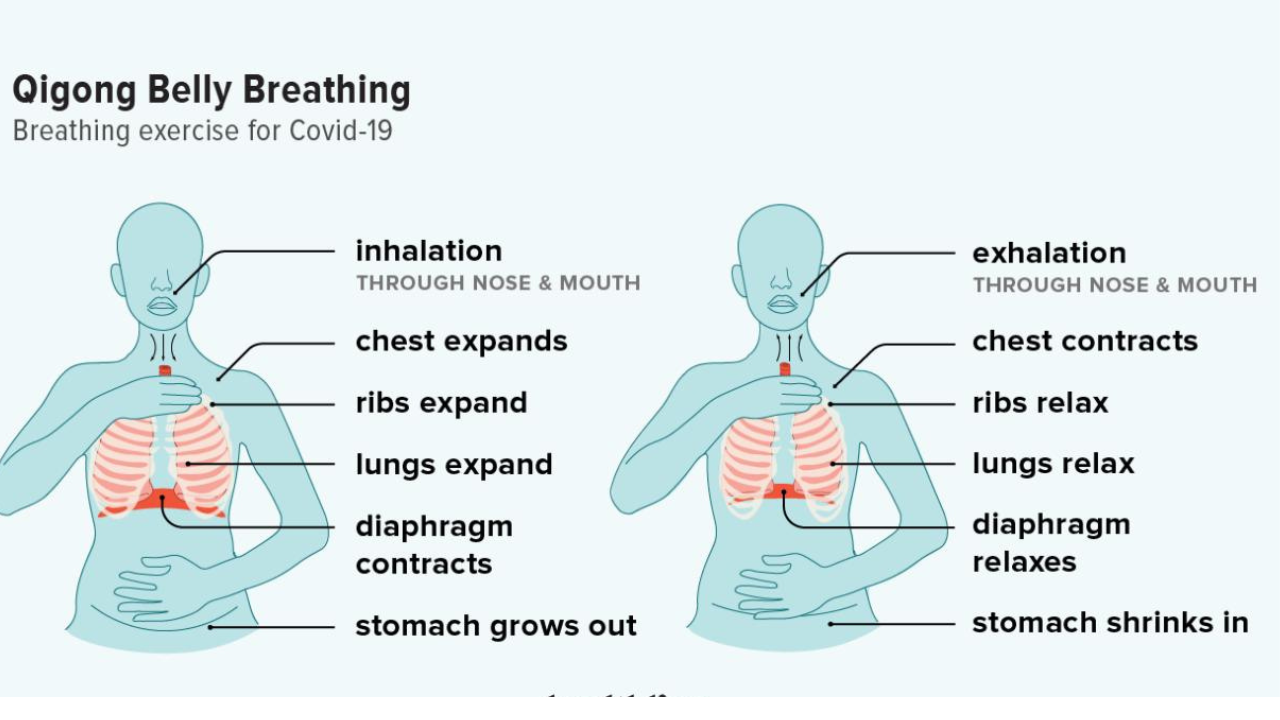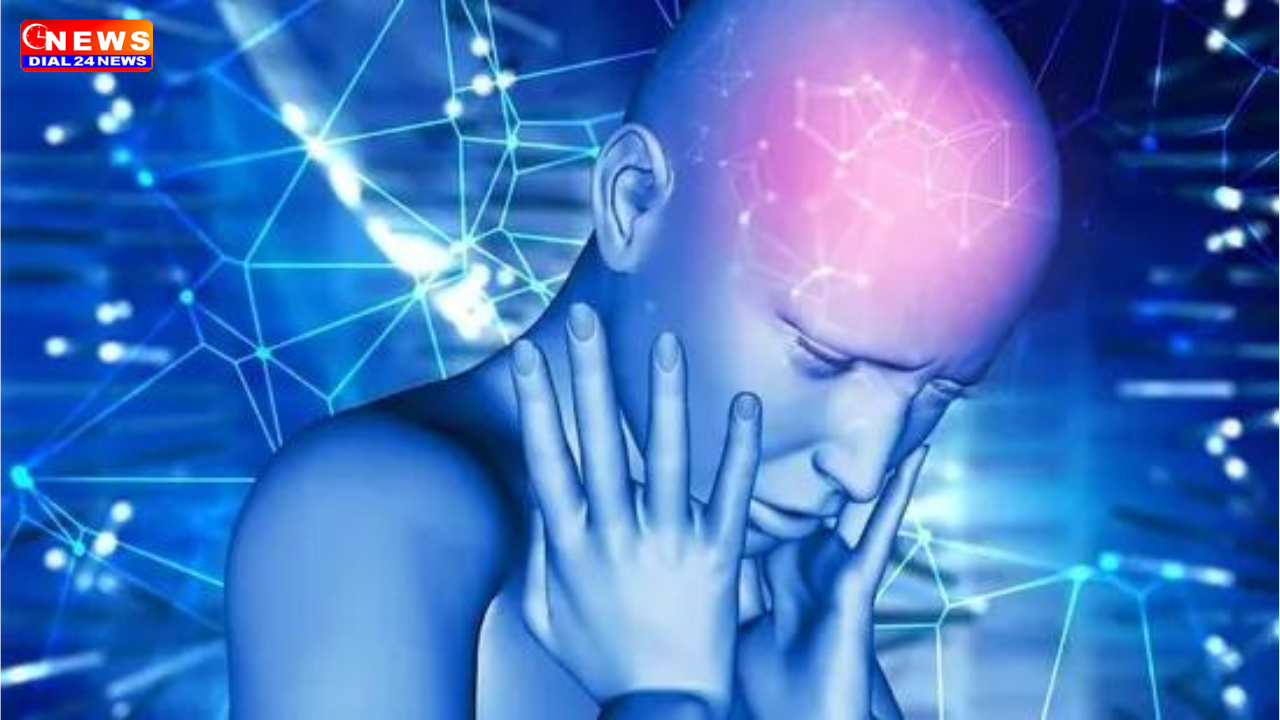from Anxiety to Appetite: How Mental Health Shapes Eating Habits and Vice Versa
Mental health significantly impacts eating habits, with conditions like stress, anxiety, and depression often triggering unhealthy patterns such as emotional eating or loss of appetite. Conversely, diet and nutrition play a crucial role in mental well-being, as certain nutrients can affect mood regulation and cognitive function. Understanding this bidirectional relationship can help promote healthier lifestyle choices, benefiting both mental and physical health.
In an interview with Dial24news Lifestyle, Dr. Gorav Gupta, Psychiatrist and Co-Founder at EMONEEDS, explained, “Inadequate levels of crucial nutrients such as omega-3 fatty acids and B vitamins have been correlated with an increased likelihood of experiencing depression and anxiety. Additionally, irregular eating behaviors like binge eating or strict dietary restrictions can worsen existing mental health conditions or contribute to the onset of new ones. This establishes a reciprocal relationship between mental well-being and dietary choices, where each aspect impacts and perpetuates the other.”
He elaborated, “Addressing this intricate interplay requires a holistic approach that considers both psychological and physiological factors. Integrative interventions, including therapy, mindfulness practices, and nutrition counseling, aim to foster a balanced relationship between mind and body, promoting not only physical health but also emotional well-being. By recognizing and nurturing this connection, individuals can cultivate healthier eating habits and improve their overall mental health.
Nitasha Singh Bali, Clinical Psychologist at LISSUN, opined, “The mind-body connection resembles a dance between two partners, where the mind leads with emotions and thoughts, and the body responds with physical sensations and actions. Like a skilled dancer guiding their partner through intricate movements, the mind influences our emotional states and behaviors, shaping our responses to stress, anxiety, and other stimuli. In turn, our physical well-being, represented by the body, reflects these mental states, with tensions easing in moments of calm and tightening in times of distress.”
She explained that nutrition acts as the music to this dance, setting the tone for our overall health and vitality. “The mind-body connection is an intricate relationship between mental and physical health where each influences the other profoundly. This interplay can be witnessed by looking at our eating habits and mental health. Our emotional states govern what we eat, and conversely, what we eat can impact our mental well-being,” Nitasha Singh Bali said.







